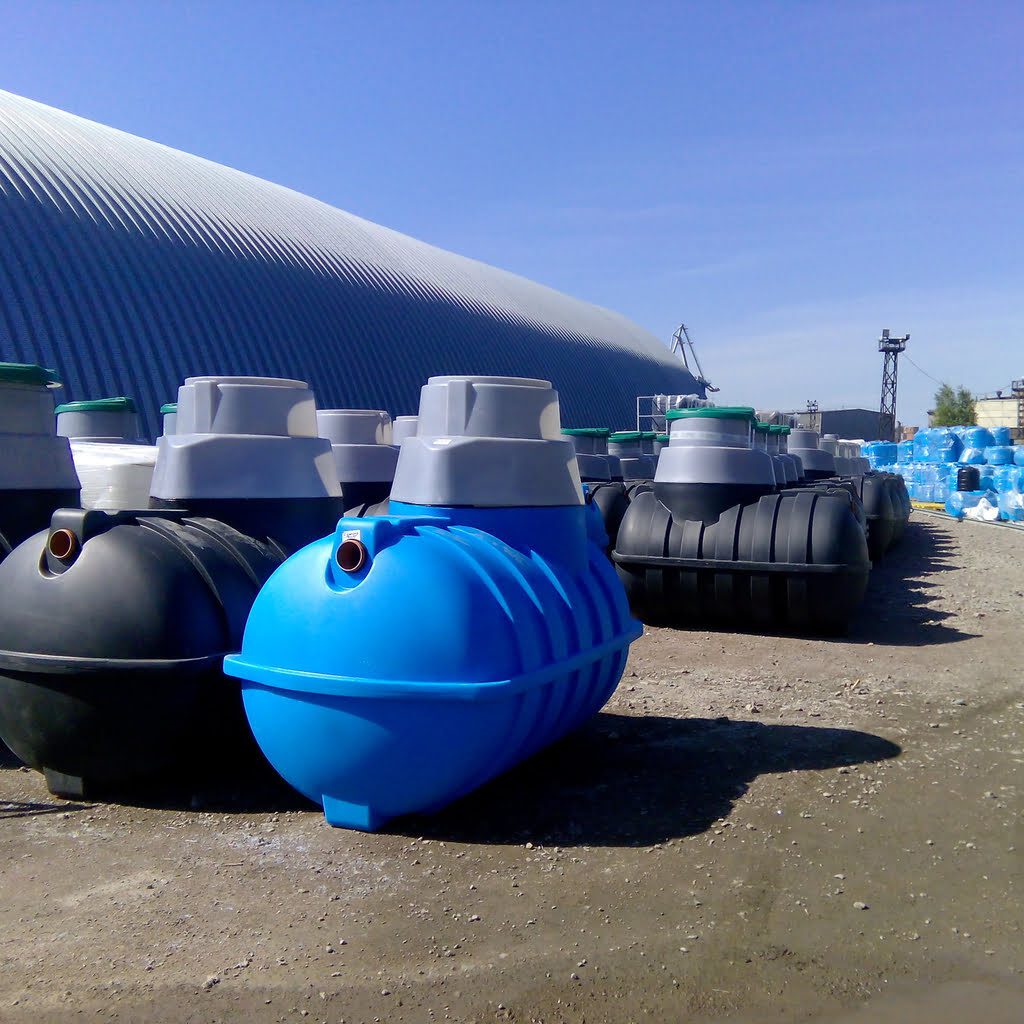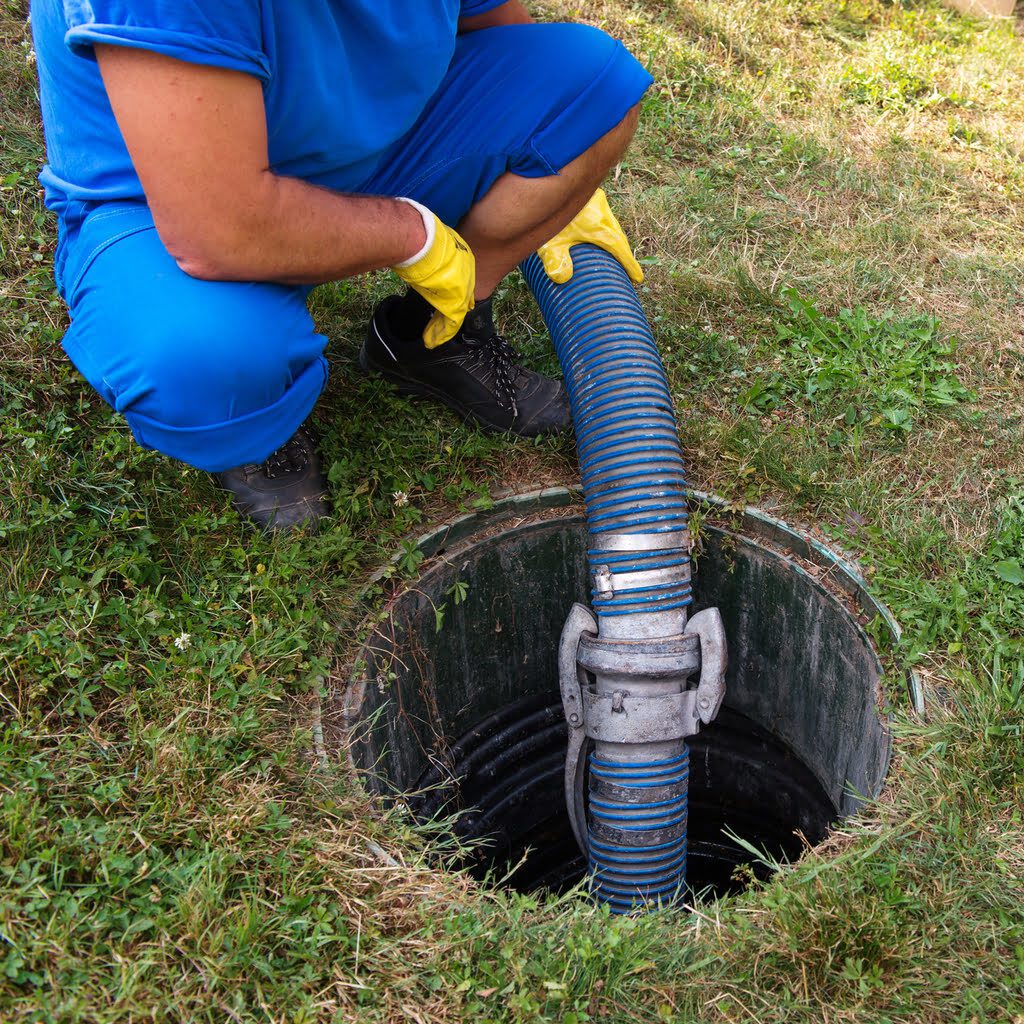What are the Factors that Affect the Cost of Converting Septic to Sewer?
In recent years, many homeowners have started the process of converting septic to sewer systems. One of the biggest questions they ask is how much does it cost to go from septic to sewer? The septic to sewer conversion cost can vary widely, depending on several factors like tank size, soil type, depth, and property location. Below, we explain the main factors that determine the overall cost.

- The first factor that affects the cost of converting septic tanks to sewers is the size of the tank. The larger the tank, the more expensive it will be to convert. This is because larger tanks require more work to excavate and remove. In addition, larger tanks may also need to be replaced with a new one, which can add to the overall cost.
- Another important factor that affects the cost of converting septic tanks to sewers is the type of soil in which they are located. Soil types can vary greatly in terms of their ability to absorb and filter sewage. For example, clay soils tend to be very effective at filtering sewage, while sand and gravel soils are not as effective. This means that if your septic tank is located in an area with a high clay content, it will likely be more expensive to convert than if it were located in an area with a lower clay content.
- The depth of the septic tank is also a factor that can affect the cost of converting it to a sewer. The deeper the septic tank, the more expensive it will be to convert. This is because deeper tanks require more excavation and removal. In addition, deeper tanks may also need to be replaced with a new one, which can add to the overall cost.
- Finally, the location of the septic tank can also affect the cost of converting it to a sewer. If the septic tank is located in an area that is remote or difficult to access, it will likely be more expensive to convert than if it were located in an easily accessible area. This is because it may be necessary to hire a company to come and dig up the septic tank and then transport it to the new location.
All of these factors will affect the cost of converting septic tanks to sewers, so it is important to consider them all before making a decision.
If you are considering converting your septic tank to a sewer system, there are a few things you can do to prepare for the process. First, it is important to understand what is involved in the conversion process and what to expect. This includes understanding the costs and how the conversion will affect your property.
- In addition, it is important to start planning ahead for the conversion process. This includes making arrangements for where you will store the septic tank while it is being converted and finding a contractor who can do the work. It is also important to have any permits that may be required by your municipality.
- Finally, it is important to consult with a professional before making any decisions about converting your septic tank to a sewer system. A professional can help you understand the process and the costs involved, as well as answer any questions you may have. They can also help you find a reputable contractor to do the work.

Frequently Ask Question
What permits are required for septic to sewer conversion? Most cities and counties require permits before starting the conversion process. These may include excavation permits, environmental clearances, and plumbing inspections. A licensed contractor usually handles permits to make sure the septic to sewer conversion meets local regulations.
How long does septic to sewer conversion take? The timeline depends on accessibility and property conditions, but most projects take 3 to 7 days once permits are approved. Projects with deeper tanks or difficult soil conditions may take longer.
Can every property be connected to a city sewer line? Not all properties are automatically eligible for conversion. Some homes may be located too far from the municipal sewer line, or the city may not have extended services to the area yet. A professional inspection determines if your property qualifies.
What happens to the old septic tank after conversion? In most cases, the old septic tank is pumped, cleaned, and either removed or properly filled with sand or gravel to prevent future issues. This ensures safety and compliance with local building codes.
Who should I hire for septic to sewer conversion? It’s best to work with a licensed sewer contractor who has experience handling conversions. Professionals ensure proper excavation, connection, and inspection so your system passes local code requirements and functions reliably.
https://www.google.com/maps?cid=9085182458872637476